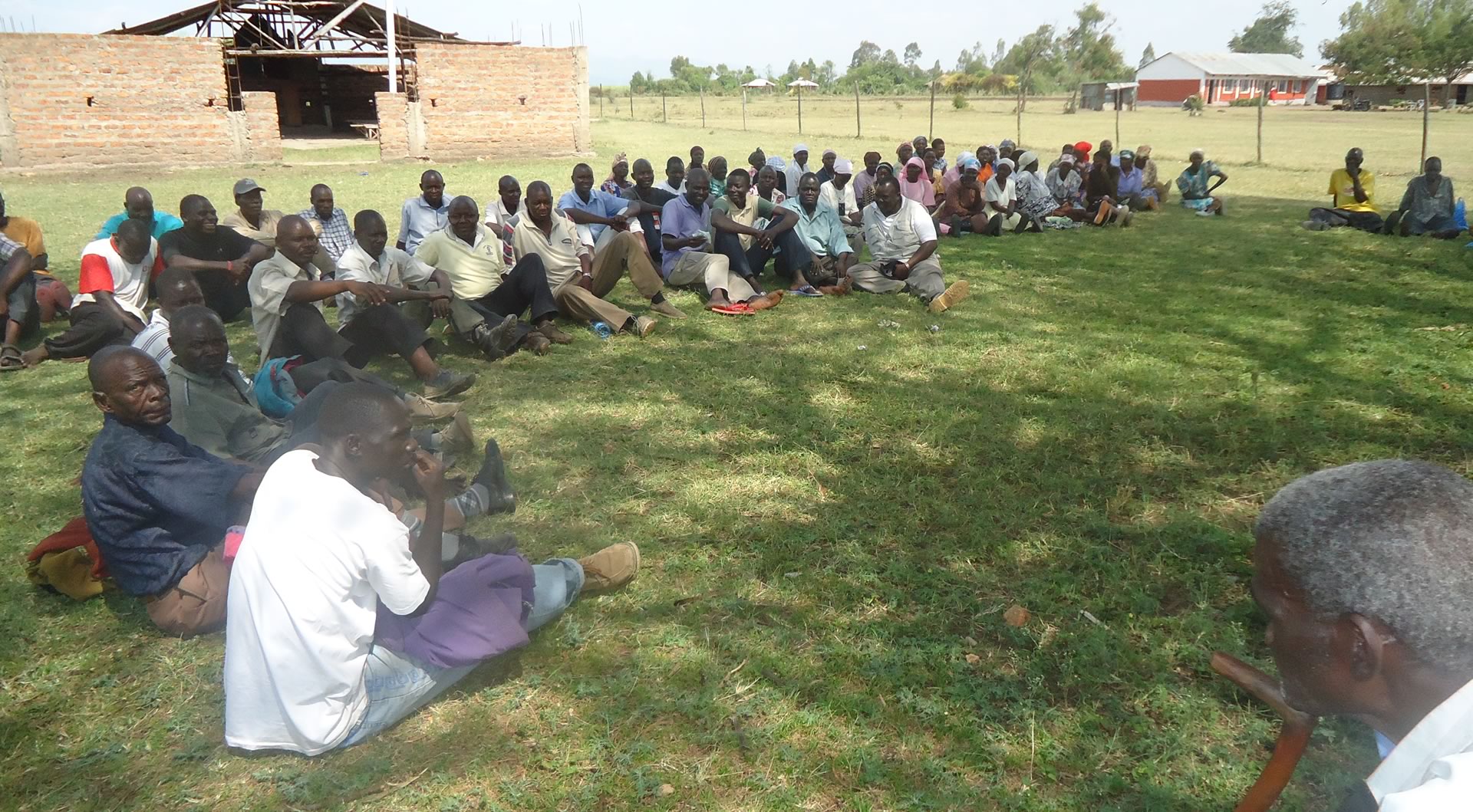
CASDKenya works towards advancing democratic governance and human rights in Kisumu County as a component for sustaining the gains made by the devolution system in the region.
Democracy and governance is widely recognized as ingredients for sustained societal development. It fosters the rule of law and respect for human rights, transparency, accountability, civic participation and inclusiveness; all of which are necessary for securing economic productivity, equitable distribution and the legitimacy a people.
The values of freedom, respect for Human Rights and the principle of holding periodic and genuine elections by universal suffrage are the essential elements of democracy. In turn, good democracy provides the natural environment for the protection and effective realization of Human Rights. These values are embodied in the Universal Declaration of Human Rights and further developed in the International Covenant on Civil and Political Rights which enshrines a host of political and civil liberties underpinning meaningful democracy. Chapter four of the Constitution of Kenya 2010; Bill of Rights, explicitly defines the broad spectrum within which Human Rights values and principles are entrenched in the Constitution.
Democracy deficits, weak institutions and poor leadership are among challenges to the effective realization of Human Rights. Community Action for Sustainable Development (CASD) seek to address these challenges through its work towards advancing democratic governance and human rights in Kisumu County as a component for sustaining the gains made by the devolution system in the region. In advancing the democratic governance interventions, the CASD will undertake to strengthen the legal framework for human rights protection (institutional and legal reform), capacity building and empowering vulnerable and disadvantaged segments of the society, advocacy, awareness raising and human rights education.
CASDKenya extensively engages the community on:
- Intensive Civic Education on the relevant chapters on Devolution;
- Encouraging and promoting citizens’ interest to keenly participate on the devolution process;
- Identifying and training opinion leaders on the roles of leaders,
- Facilitate and hold joint forums between citizens and leaders during which sessions the citizens can engage the leaders in discussions.
- Profiling and disseminating information on the public funded projects.
- Promoting dialogue amongst citizens through reform forums.
- Promoting good County Governance by holding the County Government to account on services delivery processes.
